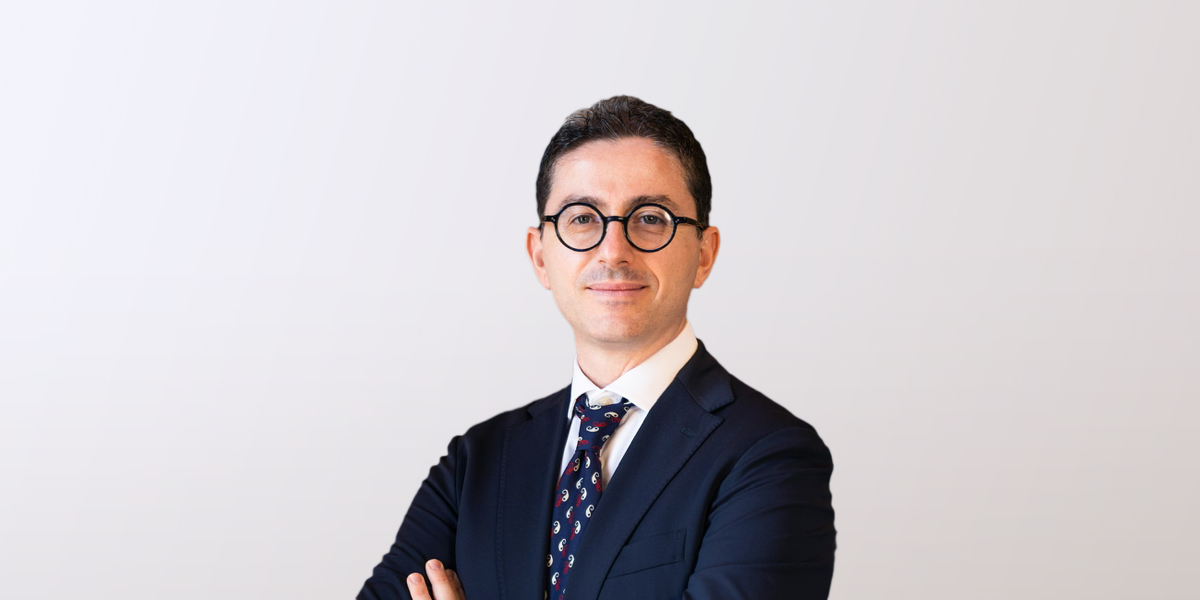
How MBA programs promote entrepreneurial thinking
15 May 2024Interview with Marcello Russo, Ph.D., Full Professor of Organizational Behavior and Human Resource Management at the University of Bologna (where he is also a member of the Research Committee). At BBS, Marcello is the Director of the Global MBA and Associate Director of the Corporate Ferrari Global Executive MBA.
How can we define the concept of entrepreneurial thinking? How important is it for this attitude to be part of a manager’s background?
Today, even in the international ranking evaluation of Global MBA programs an important role is given to the number of start-ups created during the MBA. This is a criterion that all Business Schools are working on.
At Bologna Business School we have events dedicated to this “world,” such as Start-Up Day: full days dedicated to bringing students and the start-up world together to stimulate thinking and the desire to start a new business. A few weeks ago, for example, in Villa Guastavillani two BBS alumni presented their start-up E-ssence, the first electric boat-sharing service in Italy, about which now there is much hype.
We have to distinguish between entrepreneurial figures and entrepreneurial mindset. We call entrepreneurship the concept of empowerment: self-awareness and control over one’s choices, decisions and actions.
In the Global MBA BBS, we offer courses in Business Planning, where students are asked to come up with business ideas and business plans judged by executives and investors, which turn into an immediately active network ready to push a good business idea.
Last but not least, in all tracks, students proactively participate in challenges and in the development of innovative projects.
How does the Global MBA program actively promote and support students in developing an entrepreneurial mindset?
With many initiatives that are often informal: we have courses dedicated to preparing business plans, but what matters most are the contacts with entrepreneurs, the advice that can come from talking to investors like Alec Ross, an investment fund owner and professor in our Global MBA.
Then, let’s not forget the connection with the University of Bologna and its Almacube service, an innovative hub of UniBo and Confindustria Emilia Area Centro.
But the most relevant part of this journey is done here, in the classrooms of Bologna Business School, where students meet and compare themselves in classes from the most diverse backgrounds and with international professors, entrepreneurs and executives from global companies.
How to strike the balance between a strong knowledge of management disciplines and the agility of know-how focused on a wide range of issues, approached with an innovative outlook?
This is one of the aspects that makes Bologna Business School’s Global MBA unique: it is a study path between an MBA and a vertical Master.
We design a curriculum that students choose with Core Courses, Track-Specific Courses and Professional Development Clinics: seminars that are very focused on topics such as leadership, sustainability, and cross-cultural management.
The tracks are obviously different, but they have comparable structures: all are created to give students the opportunity to analyze business models and learn the best strategies, the best practices to be successful in the business world.
The common thread that links the four tracks – a separate discussion deserves Green Energy and Sustainable Businesses, which is basically a cross-cutting Global MBA – is the theme of luxury in Made in Italy.
BBS has a light structure, quick to pick up on trends and is always aware of market challenges: therefore, this is why it is able to offer an always fresh and well-informed point of view on the topics discussed in classes.
Collaboration and networking are crucial for entrepreneurs. How does the Global MBA program facilitate connections with advisors, mentors, and executives to develop students’ entrepreneurial skills?
A start-up culture is in BBS‘s DNA: it is what allows us to respond quickly to input from international students and faculty, as well as the market. Thanks to the presence of highly research-active global professors, we often have direct classroom testimony of the challenges being faced in the business world.
An important and recent innovation at BBS, then, is the inclusion of an alter-ego in the classes: a manager, entrepreneur, or professional who comes directly from the business world goes to balance the teaching of the professor of academic background. This is not just lectures or testimonials, but a real teaching role. In this way, the two profiles meet in program management and students can see in the classroom the practical application of the concepts they study.
Lastly, Bologna Business School‘s Global MBA curricula are designed by a Program Advisory Committee (PAC) composed of executives from global companies. This leads BBS to develop year after year study tracks not only capable of providing the best managerial knowledge, but also able to respond to market requests and, therefore, designed for immediate entry into the business world.
